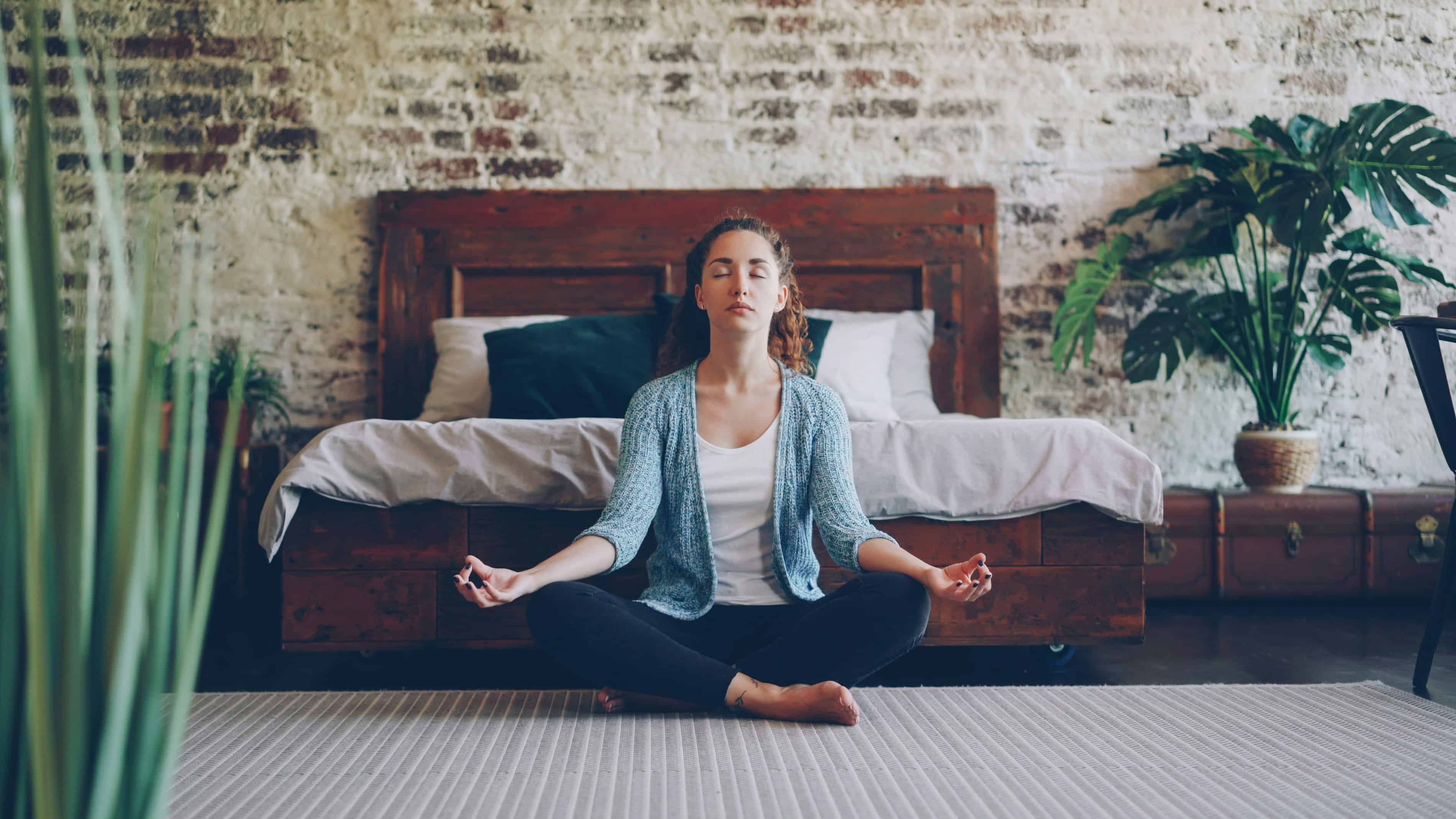Create an Evening Routine to Improve Sleep and Mood

Why Your Evenings Matter
If you have ever crawled into bed exhausted but unable to switch off, you’re not alone. Between work, family, and an endless to do list, it’s easy to collapse into bed without truly unwinding. For many women, especially in midlife, the transition from doing all day to resting at night does not happen automatically; it needs a cue.
That’s where a gentle evening routine comes in. A few small, intentional habits before bed can calm your nervous system, regulate your hormones, and set the tone for deep, restorative sleep. It’s not about rigid schedules or perfection; it’s about creating a sense of calm and predictability that your body learns to trust.
The Science of Slowing Down
Evening rituals aren’t just “nice-to-haves”,they’re essential, especially for women over 40. As we age, hormonal shifts (like reduced progesterone or fluctuating estrogen) can disrupt our natural sleep rhythms. Add stress, screen time, and the “mental load” of daily responsibilities, and it’s no surprise our sleep suffers.
Your body thrives on rhythm. Going to bed and waking up at roughly the same time each day strengthens your circadian rhythm, the internal clock that governs sleep, mood, and metabolism. When you establish consistent nighttime cues, your body begins to recognise when it’s time to wind down.
Stress hormones like cortisol drop more easily when your evening is calm, while melatonin, the sleep hormone, rises naturally. Something as simple as dimming the lights or putting your phone away 30 minutes before bed can have a profound impact on how easily you drift off.

How to Build a Calming Night Routine
You don’t need a long checklist. The best evening routines are simple and sustainable. Try adding one or two of these realistic steps to your night and notice how your body responds.
1. Power Down Gently
Avoid screens for 30 to 60 minutes before bed. Blue light from phones and TVs interferes with melatonin and keeps your brain alert. Swap scrolling for reading, journaling, or gentle stretching.
2. Create a Transition Ritual
Signal the end of your day with something sensory, such as a warm shower, herbal tea, calming music, or even lighting a candle. These small rituals tell your brain that it is time to rest.
3. Make Your Space a Sanctuary
Keep your bedroom cool, quiet, and clutter free. Soft lighting, comfortable bedding, and soothing scents like lavender can make your environment more conducive to rest.
4. Soothe Your Mind
Racing thoughts can keep you up long after the lights go out. A short journaling exercise or gratitude list helps clear mental clutter. Try writing down three things you are grateful for or one worry you are ready to release.
5. Support Your Body Naturally
A cup of chamomile or passionflower tea, or a magnesium supplement, (with your doctor’s advice), can help relax muscles and prepare your body for sleep. Pair it with slow breathing or a few minutes of gentle yoga for added calm.

If You Are Navigating Midlife or Menopause
Hormonal shifts can make restful sleep harder to come by. Declining progesterone and fluctuating estrogen levels may increase night sweats, anxiety, or frequent waking. Evening routines become even more important during this stage because they act as anchors when your body feels unpredictable.
Gentle movement, hydration, balanced meals, and reduced caffeine after midday can all support better sleep. Most importantly, build compassion into your evenings. Some nights will go smoothly, others will not, and that’s okay. Consistency over time is what creates results.
When Stress Gets in the Way
If you often feel wired but tired, your nervous system may be stuck in fight or flight mode. To reset, focus on calming practices that activate the rest and digest response.
- Breathwork: Try inhaling for 4 seconds, holding for 7, exhaling for 8.
- Progressive relaxation: Tense and then release each muscle group, from your feet up to your face, visualizing each as you progress.
- Grounding: Notice five things you can see, four you can touch, three you can hear. This simple mindfulness tool helps bring your focus back to the present.
These methods can reduce racing thoughts and help your body shift into rest mode naturally.

Making It Your Own
The best routine is one that feels good and fits your life. If your evenings are chaotic, start with five minutes of calm, such as stretching, journaling, or sitting quietly with a cup of tea. Build from there.
Avoid thinking you have to do it perfectly. Consistency matters way more than perfection. Over time, your mind and body will begin to anticipate rest, and sleep will come more easily.
Final Thoughts
Good sleep is not a luxury; it’s a foundation for better mood, energy, and resilience. When you treat your evenings as an opportunity to unwind rather than squeeze in more tasks, your whole day begins to feel different.
If you would like more structured guidance on creating healthier habits and supporting your wellbeing in midlife, reach out to me. We can explore options and resources that fit your lifestyle.
More blogs to read:
Further Reading
Sleep hygiene: Simple practices for better rest - Harvard Health
Why Sleep Is So Important - University of Michigan School of Public Health